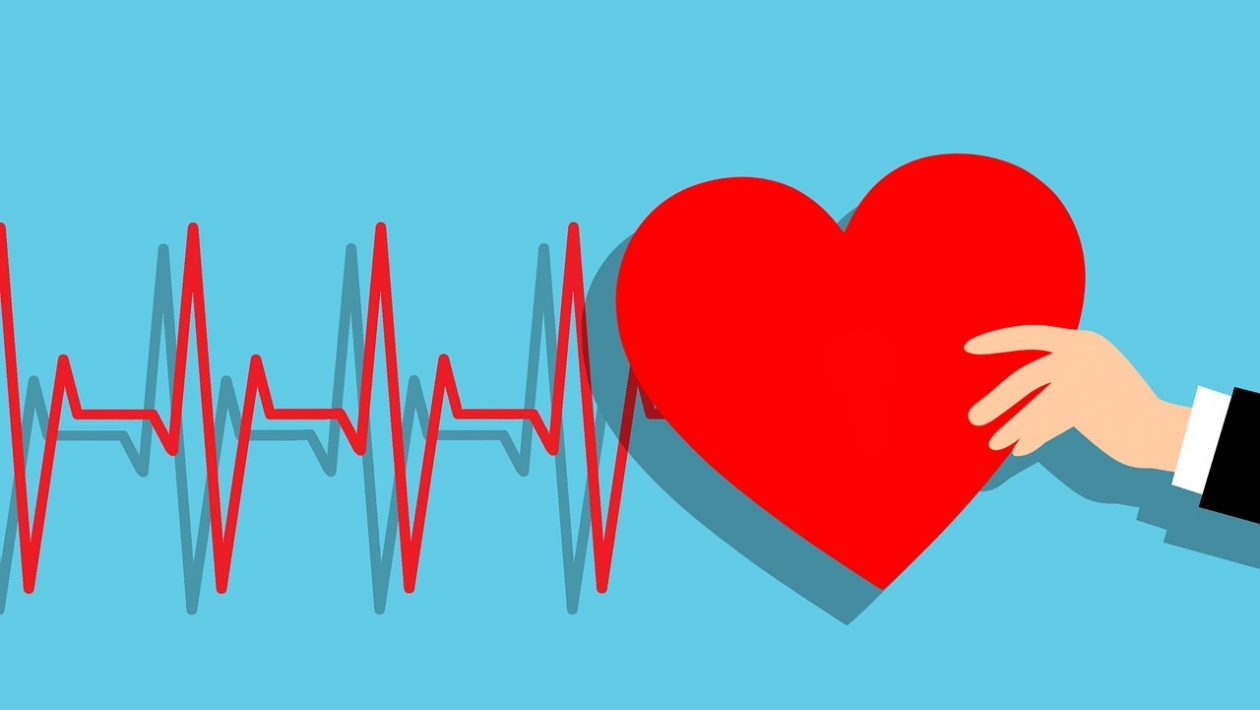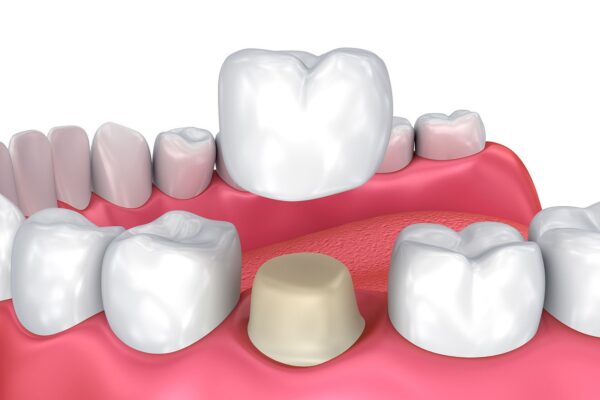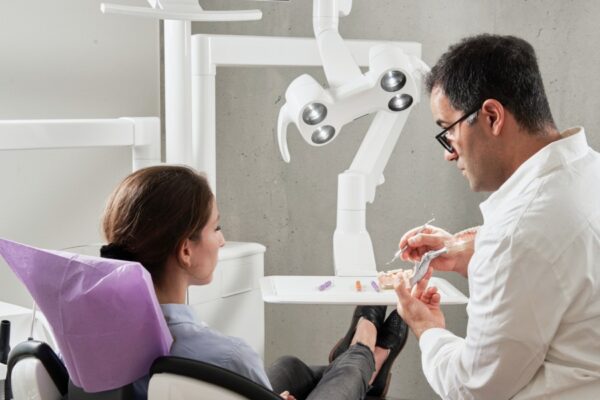Low blood sugar is also known as hypoglycemia; this is a dangerous condition and can be life-threatening. This is a common disease that is increasing every day. Hypoglycemia is common in older people, but adults and teens are also developing it in a huge number.
Mostly, when the insulin level of the body increases with the medication of diabetes or any other sources and result in low blood sugar.
Also, other things such as meal skipping, low food intake, excessive medication, and exercising can cause hypoglycemia. These can cause many types of low blood sugar symptoms.
Another term is commonly used to refer to blood sugar; the term is glucose. Glucose comes from many sources such as foods (rice, potatoes, fruit, milk, vegetables), the human body, etc. Glucose travels through the bloodstream in the whole human body, and produce energy with the help of a hormone called insulin. Insulin is mainly produced by the pancreas.
Fat is often produced by extra consumed glucose. And the stored fat can help in time to time to produce energy. Glucose is essential to perform daily tasks. Glucose can help to maintain the blood level in case of high insulin, for people without medication.
Causes of Low Blood Sugar
Table of Contents
Many things can cause low blood sugar. To know the causes of hypoglycemia, you need to understand the process of blood sugar production. The human body helps to break the food to carbohydrates, making many types of sugar molecules, including glucose.
Insulin is mandatory for glucose to work in human bodies. All the energy needed for a human to do work through the day comes mostly from glucose. Glucose is the fuel for our body; our body also stores glycogen for using it in the future.
There is another hormone produced by the pancreas called glucagon when the blood sugar level is low due to no food is consumed in several hours. This hormone helps to release the stored glucose back into the bloodstream and balanced hormone level. Low blood sugar symptoms without diabetes are different from low blood sugar symptoms with diabetes.
Apart from the help of glucagon, the kidney and liver can help to produce glucose within the body. There are mainly 2 types of causes that develop low blood sugar.
Causes With Diabetes
People with diabetes have the maximum chances to develop low blood sugar. Body of diabetic people do not produce enough insulin; glucose tends to store up in the bloodstream and does not reach cells, which is very dangerous. Also, they are less responsive to type 2 diabetics. To solve this problem, diabetic people take insulins and other drugs to lower the blood level.
But taking too much insulin and drugs can cause a drop in the sugar level, causing low blood sugar. Low blood sugar symptoms can help you to know the condition early. Eating less amount of food than normal and doing extra exercise than normal can cause low blood sugar or hypoglycemia.
Causes Without Diabetes
Low blood sugar without diabetes is not common. But some of the things that can cause this, such as:
1. Alcohol Consumption
Drinking an extreme amount of alcohol can prevent the stored glucose from releasing into the bloodstream and balancing the blood sugar level, which causes hypoglycemia. Drinking without eating can increase the chances of developing hypoglycemia.
2. Overproduction of Insulin
The overproduction of insulin is mainly caused by tumors. Insulinoma is a rare type of tumor, which develops in the pancreas. It causes the overproduction of insulin, causing hypoglycemia. You may pinpoint many low blood sugar symptoms with it.
3. Medications
The use of medication is increasing every day; these are the answers to solve a specific problem. But they come with side-effects which may cause another problem. Some of the medications of other diseases can cause a low sugar level.
One of the examples is a medicine called quinine, which is used to treat malaria causes low blood sugar levels. Consuming medications for diabetes accidentally can cause low blood sugar levels. Many other medications can cause hypoglycemia, and people with kidney failure (mostly children) have increased chances of developing hypoglycemia.
4. Severe Illness
Apart from medications, critical illness can also cause low blood sugar levels. The problem of the liver is one of the common problems among everyone, and it can increase the chances of developing hypoglycemia.
An eating disorder called anorexia nervosa can decrease glucose production, as the disorder itself happens from not eating enough food. The substances required to make the glucose also absent and therefore cause hypoglycemia.
Disorders of the kidney are also very common and it causes the medications to prevent from properly evacuate, and the store of those medications affects the glucose level, causing hypoglycemia.
4. Hormone Deficiencies
The last cause is hormone deficiencies. Hormone deficiency is very common, and it is increasing due to many aspects. Among all the others, certain abnormalities in the pituitary gland and adrenal gland can cause the absence of necessary hormones for glucose production. Preventing the production of glucose leads to hypoglycemia. Also, deficiency of growth hormone can cause low blood sugar; it is most common in children.
Apart from these causes, some other rare things can cause hypoglycemia. Generally, it appears mostly in the empty stomach, but low blood sugar can appear after having a meal in some rare cases.
This happens mostly because sometimes, after having a meal body produces more needed insulin. This is called postprandial hypoglycemia. Apart from eating, this can also develop if you are having stomach surgery and not doing stomach surgery also can cause hypoglycemia. The symptoms might not be the same with low blood sugar symptoms.
Symptoms of Low Blood Sugar
Low blood sugar is very dangerous and detecting any symptoms of it is very important. The reaction of each person might differ due to health conditions and blood sugar levels. Symptoms of low blood sugar can be mild to an extreme; some of the common ones are:
- Feeling weak and low on energy
- Sweating (mild to extreme)
- Extreme heartbeat
- Feeling hungry throughout the day
- Impatience and irritability during daily work
- Nausea
- Pale skin
- Feeling anxious and nervous
- Feeling dizzy and lightheaded from time to time
- Clamminess and chills
- Blurred and weak vision
- Often headaches
- Feeling sleepy throughout the day
- Seizures
- Clumsiness and problems in coordination
- Numbness and tingling mostly in the cheeks and lips
- Confusion
- Feeling shaky time to time
- Trouble speaking or concentrating
Severe symptoms
These are the common low blood sugar symptoms that you can observe in the initial stage. But, if the symptoms are ignored without treatment, it can grow to much more severe symptoms such as:
- Passing out and fainting often
- Failing in coordination
- Very poor concentration
- Nightmares and bad dreams
- Mouth and tongue numbness
- Low blood sugar seizures
- Coma
Most of the time these symptoms are easily recognizable, but people often ignore them, neglecting the chances of bigger diseases. People with diabetes often change their food intake for carbohydrate, and they can face severe low blood sugar symptoms.
People with diabetes tend to have fewer symptoms compared to people without diabetes. Also, they might not feel any symptoms until the low blood sugar reaches an extremely low level. This condition is also known as hypoglycemic unawareness.
It is often described by the affected people that having low blood sugar can be very dangerous; they get hungry easily and want to treat the symptoms as fast as they can. It is too late for them, but if you detect the symptoms as a warning and go for treatment, you can get an early solution of low blood sugar levels.
Detecting low blood sugar levels early and balancing the blood sugar by adding blood glucose can help prevent brain damage. The brain also needs glucose to work properly, and deficiency of glucose in the brain can cause loss of consciousness, fainting, etc. This condition is also known as neuroglycopenic.
Hypoglycemia Unawareness
One of the most known conditions related to low blood sugar. In some cases, low blood sugar symptoms occur when the blood sugar level goes below 70mg/dL. Considering how bad the symptoms of low blood sugar can be, they are also useful. They work as an alarm and helps us to know that the blood sugar level is very low. It helps us to treat it and increase levels in a safe range.
Many people have their blood sugar levels below 70mg/dL. But they don’t develop any symptoms. This condition is called hypoglycemia. People with this condition often don’t know when to cure blood sugar because they are unaware of the blood levels. The absence of the symptoms made them unaware of when to treat.
People affected by this condition have an increased risk of facing low blood sugar reactions. They also do not know when hypoglycemia occurs. If it occurs at night, they might not get awakened from sleep. People with this condition need to check their blood sugar levels frequently to detect low blood sugar levels.
Diagnosis of the low blood sugar
Some of the known causes of lowering blood sugar are medication. If you are under medication for diabetes or taking insulin, and you are having low blood sugar symptoms. Use a glucose meter to test your blood sugar levels. Blood sugar level below 70 mg/dL, treat it as fast as you can by visiting a doctor or eating foods to increase blood sugar levels. Doctors might want to know some common things such as:
Blood sugar level
The doctor will ask you about your blood sugar level because the treatment depends on the blood sugar level. He will treat you accordingly, and also he will determine how much the blood sugar needs to increase. The doctor might take your blood sample again to take a test in the lab and know the current situation. They might also monitor your blood sugar levels in a low blood sugar level chart.
Signs and symptoms
One of the main things a doctor relies on while treating a patient with low blood sugar. The doctor might observe you one or more nights for symptoms or ask you about the occurring symptoms. But for many cases, patients are not aware of all their symptoms. After determining the symptoms, the doctor will ask the condition of your blood sugar level, if it is mild or severe and treat you accordingly. The doctor might extend your stay in the hospital to get the full list of symptoms or test blood sugar levels after having a meal.
The doctor might also ask about the symptoms and their appearance if they disappear after increasing the blood sugar level. How fast the symptoms come and how long they stay.
Treatment of low blood sugar levels
There are two types of treatments mainly performed by doctors. Immediately increasing the blood sugar levels and getting rid of all the low blood sugar symptoms and treatment of the disease from the root to prevent it from recurring.
Immediate treatment to increase the blood sugar level
The immediate treatment mainly depends on symptoms. Consuming carbohydrates in the initial stage can increase blood sugar levels because carbohydrates easily convert into sugar. Some of the foods that you can consume to increase the blood sugar levels faster are fruit juice, sugary candy, fruits, soft drinks, and glucose tablets. Foods that contain fat affect the body’s sugar absorption, so they are not good treatments for health.
Repeat taking 20 to 25 grams of carbohydrates until your blood sugar levels reach above 70mg/dL. Check every 15 minutes to monitor your blood sugar levels.
If the symptoms are more severe and require different low blood sugar treatment, the doctor might inject you with glucagon or intravenous glucose.
Underlying condition treatment
If the cause of your low blood sugar level is from medications, the doctor might suggest a different course of medication or change the dosage.
The low blood sugar level of a tumor is normally treated by removing the tumor. In some complex cases, the pancreas might get removed partially.
Conclusion
It is very important to treat the low blood sugar level at the initial level by detecting the symptoms early. Avoiding or ignoring symptoms can cause life-threatening conditions.





